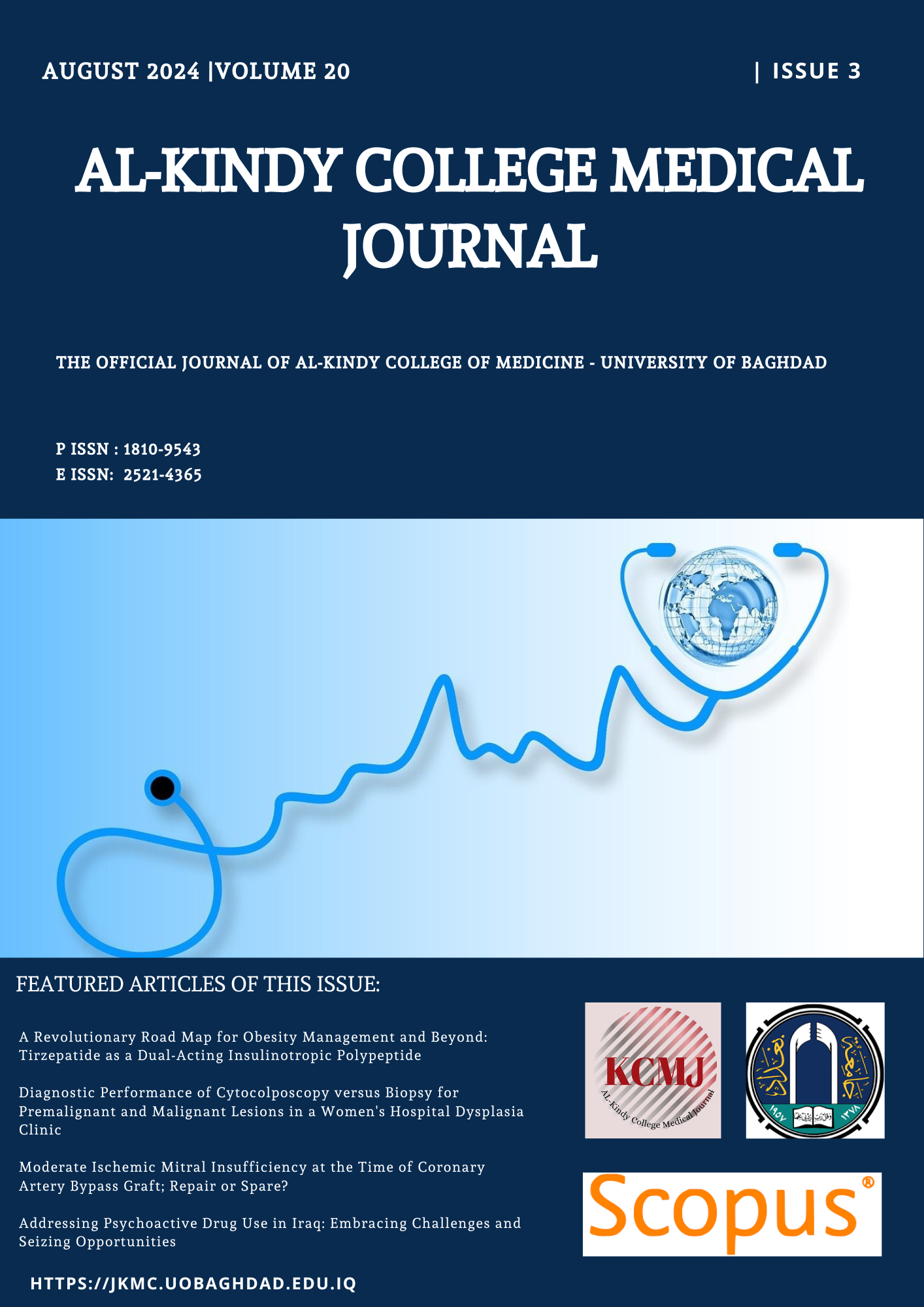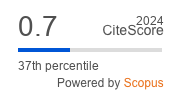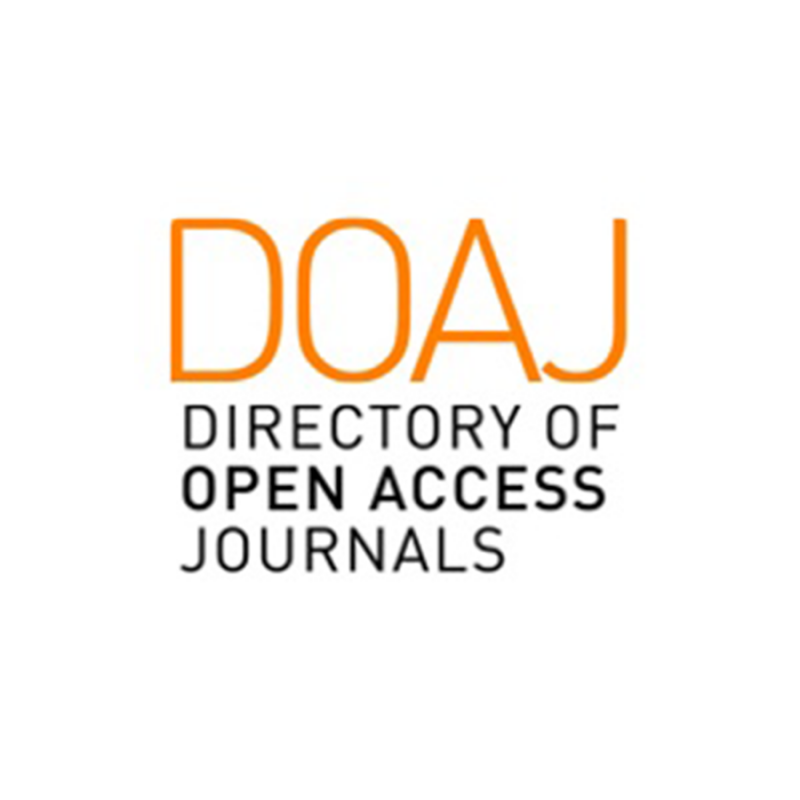Free Testosterone, Dihydrotestosterone, and Adiponectin in the Evaluation of Vitamin D Supplementation for Polycystic Ovarian Syndrome: A Metformin Comparative Study
DOI:
https://doi.org/10.47723/nb5he078Keywords:
PCOS, Vitamin D3, Androgen hormone, HOMA-IR, MetforminAbstract
Background: Among women of the reproductive age, the most prevalent endocrine disease with (15-44) percentile is the polycystic ovarian syndrome (PCOS). Last decades, many studies indicated that vitamin D deficiency in women with PCOS may aggravate hyperandrogenism and insulin resistance.
Objectives This study was designed to investigate the role of some biochemical markers and hormonal status in evaluation the efficacy of vitamin D supplementation in treatment of polycystic ovary syndrome.
Subjects and Methods: This cross-sectional study was carried out at Department of Biochemistry, College of Medicine, University of Baghdad. It included: group I: Twenty-five women with PCOS who were treated with metformin and followed for 8 weeks, and group II: Twenty-five women with PCOS who were treated with vitamin D3 and followed for 8 weeks. Serum investigations included measurements of HOMA-IR, 25 hydroxyvitamin D3, adiponectin, androgen indices by ELISA technique
Results: The mean (±SD) values of HOMA-IR, free testosterone, dihydrotestosterone, and adiponectin levels were significantly improved after treatment in both groups of metformin and vitamin D supplement compared with before their treatment (p < 0.05). In addition, there was no significant differences after treatment between women treated with metformin and those treated with vitamin D supplement for all the measured parameters (p > 0.05). PCOS women treated with vitamin D showed significant negative correlation between SHBG and BMI (r= -0.976, p <0.001)
Conclusions: Measurements of serum free testosterone, dihydrotestosterone and adiponectin are good indicators for efficacy of vitamin D supplement in improvement of insulin resistance and androgen disturbances of PCOS.
Downloads
Published
Issue
Section
License
Copyright (c) 2024 AL-Kindy College Medical Journal

This work is licensed under a Creative Commons Attribution 4.0 International License.














